Depression is a serious mental illness that affects millions of people around the world. While many different treatments are available, many people still struggle to find relief from their symptoms.
A new clinical trial has shown that mushrooms may be an effective treatment for depression.
Read on to learn more about this groundbreaking research and how mushrooms could help change the lives of those living with depression!
What Is Depression?
Depression is a serious mental health condition that manifests in persistent sadness, hopelessness, and emptiness. It affects people of all ages, genders, and backgrounds — no one is immune.
For many sufferers, depression or having a major depressive disorder can be disabling and interfere with their ability to function in everyday life.
While the exact causes of depression are unknown, common risk factors include a family history of depression or other mental illness, biological factors like hormonal imbalances or serotonin levels, stress from difficult life experiences such as unemployment or the loss of a loved one, and even physical illnesses or medications that can result in debilitating side effects.
Fortunately, treatment for depression is available for those who choose to seek it; therapies such as psychotherapy or medication can help individuals manage their symptoms and re-engage their lives in meaningful ways.
Signs and Symptoms of Depression

Several different symptoms can characterize severe depression and major depressive disorder, but some common signs include the following:
- Low mood or irritability
- Feelings of hopelessness, guilt, and despair
- A lack of interest in activities that you once enjoyed
- Trouble concentrating or making decisions
- Changes in sleeping patterns (either sleeping too much or not getting enough sleep)
- Unexplained aches and pains
- Changes in appetite, either overeating or eating less
- Social withdrawal and isolation
- Thoughts of suicide or self-harm
While these symptoms may appear to be simple emotional responses to difficult situations, if they persist for more than two weeks, it is important to seek treatment from a medical professional.
Sometimes, other mental health disorders can present similarly to depression, so getting a proper diagnosis is essential to determine the best course of treatment.
How Mushrooms For Depression Helps Treat Depression
Recent studies show that psilocybin treatment, the active ingredient in magic mushrooms, may be an effective treatment for depression.
Clinical trials show that participants who take one or two doses of psilocybin given in a therapeutic setting are found to have significantly reduced symptoms of depression, especially for people with severe treatment-resistant depression.
Johns Hopkins University School also completed a study in which participants who received psilocybin treatments experienced sustained remission of depressive symptoms.
The Center for Psychedelic and Consciousness Research at Johns Hopkins University School of Medicine stated that psilocybin has a long duration of action and that the effects can be immediate.
The US Food and Drug Administration (FDA) has even granted psilocybin a Breakthrough Therapy Designation, suggesting that the drug could be approved for clinical use in a few years.
If further trials are successful, magic mushrooms may soon become an essential tool in managing the symptoms of depression and helping people to get their lives back on track.
How The Brain Works With Psilocybin Therapy
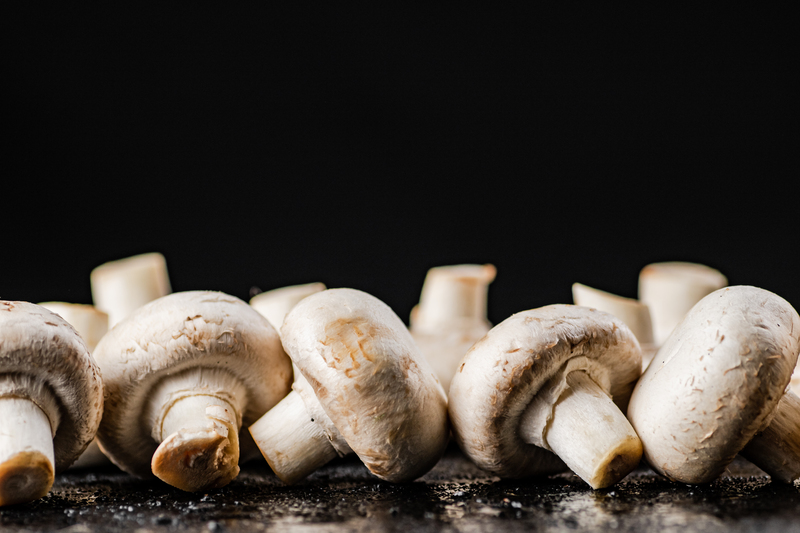
When depressive symptoms occur, there is an imbalance in the brain’s neurotransmitters and neurochemistry.
Psilocybin works by binding to serotonin receptors in the brain and re-balancing these chemical signals, which can help restore a feeling of normalcy and well-being.
This process helps patients to feel more connected to their environment and experience less hopelessness and despair.
Since psilocybin is similar to serotonin, our natural mood-regulating neurotransmitter, it is believed to promote feelings of peace, contentment, and well-being.
According to research, psilocybin can quieten down a vital area of the brain that is usually overactive in people with depression.
This helps patients with depression feel more present at the moment, less self-conscious or negative about themselves or their situation, and better engage with others positively.
While further research is needed to explore the therapeutic potential of mushrooms for depression treatment, these early results are encouraging and offer hope to those who have struggled with depressive symptoms for many years.
Side Effects and Risks of Psilocybin Therapy
While mushrooms for depression have shown great promise in clinical trials, it is essential to note that the drug can cause some side effects and risks.
These include sleepiness, nausea, tremors, and changes in heart rate or blood pressure.
In rare cases, more severe complications, such as seizures or psychosis, may occur.
Additionally, drug abuse and dependence are risks, as mushrooms for depression can be highly addictive and may cause withdrawal effects if discontinued suddenly.
As a result, psilocybin therapy should only be administered under the supervision of trained medical professionals who can carefully monitor its use and assess possible side effects or risks in each patient.
If you are experiencing symptoms of depression, please speak to your doctor immediately.
Edible Mushrooms That Help With Depression, Anxiety and Other Mental Health Conditions
Though mushrooms for depression are still in the early stages of research and clinical trials, several edible mushrooms can help manage mild symptoms or relieve chronic stress. Mushrooms contain two key elements, ergothioneine and potassium, which have been proven to combat oxidative stress and inflammation-two risk factors of depression.
Through regular consumption of mushrooms, we can begin to diminish the effects of these physical ailments and, in doing so, help alleviate our emotional distress.
Below are some of the mushrooms that can help treat depression, anxiety, and other mental health conditions:
Shiitake Mushrooms
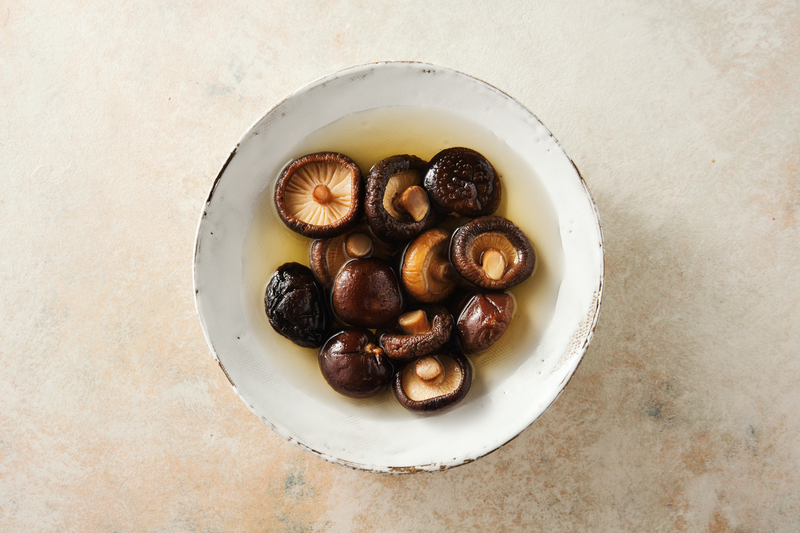
Shiitake mushrooms are a fantastic source of nutrients that can benefit our health in many ways. Potassium helps keep our nervous system healthy and aids in muscular activity, while selenium is an antioxidant mineral that helps to decrease inflammation and fight against oxidative stress.
Also, due to their natural umami flavor, shiitake mushrooms provide a delicious way to spice up your meals and add nutrition.
Additionally, adding shiitake mushrooms has been linked to promoting better heart health, increasing immunity, and regulating blood sugar levels.
Chanterelle Mushrooms
These mushrooms contain vitamins, minerals, and antioxidants like Vitamins D and C.
They also contain high levels of tryptophan, an essential amino acid that helps promote feelings of happiness and well-being.
Due to their earthy flavor, chanterelle mushrooms are a great addition to any dish, whether in soups, stews or on top of your favorite pasta recipe.
As with other mushrooms for depression treatment, consuming chanterelles is a simple way to protect our emotional and physical health in one fell swoop.
White Button Mushrooms
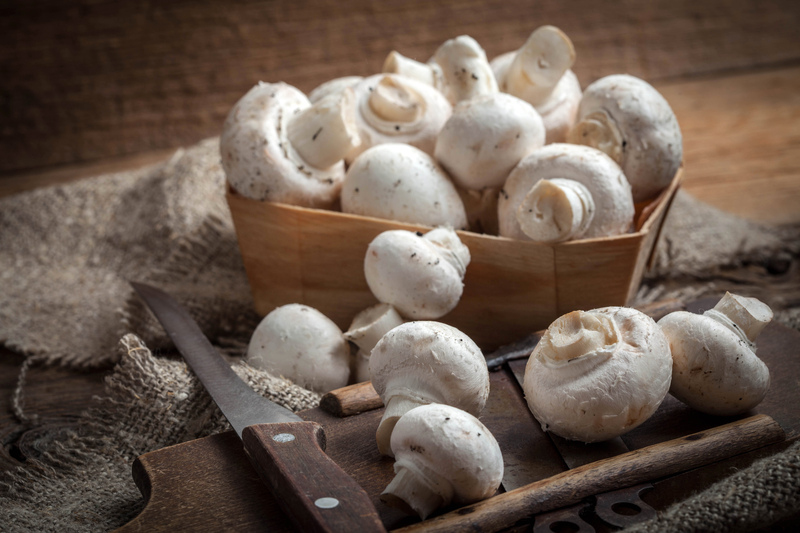
White button mushrooms are perhaps one of the most common mushrooms you can find at your local grocery store.
They contain nutrients that promote heart health, reduce inflammation, boost immunity, and regulate blood sugar levels.
Additionally, white button mushrooms have been shown to help reduce anxiety and depression in some individuals.
Whether eaten fresh or sautéed as a side dish, white button mushrooms are an easy way to incorporate mushrooms for depression treatment into your diet.
Portobello Mushrooms
Portobello mushrooms are a versatile, nutrition-packed option packed with plant-based protein. A single serving of this delicious fungi can provide surprisingly large amounts of fiber and B vitamins.
These hearty mushrooms are a great ingredient to incorporate into any dish as they absorb flavors quickly, making them incredibly versatile. Not only are they good for you–portobellos contain no fat, cholesterol, or sodium–but in comparison to other vegetables, nutritionists consider these delicious shrooms quite affordable too.
Other Treatments For Depression
From therapy sessions to prescription medications, there are various ways to treat depression.
Here are other depression treatment options that you may want to consider:
- Meditation and stress-relief techniques, such as deep breathing exercises or yoga.
- Antidepressant medications and supplements, such as Zoloft or St. John’s Wort.
- Cognitive behavioral therapy treatment (CBT) helps individuals learn coping strategies and develop positive thought patterns.
In addition to mushrooms, many other natural remedies can be explored to help treat depression. You can find the right combination of therapies and products that work best for your individual needs by exploring various treatment options.
Final Thoughts
While considered a psychedelic drug, magic mushrooms are gaining popularity as an effective treatment for depression. However, since they are considered illegal in many parts of the world, mushrooms for depression treatment should be discussed with a doctor or mental health professional before trying them.
Whether you choose mushrooms or another method to treat your depression, it is essential to seek help if you are struggling with mental health issues and never attempt to self-medicate. With the proper support and care, you can overcome depression and lead a happier, healthier life.

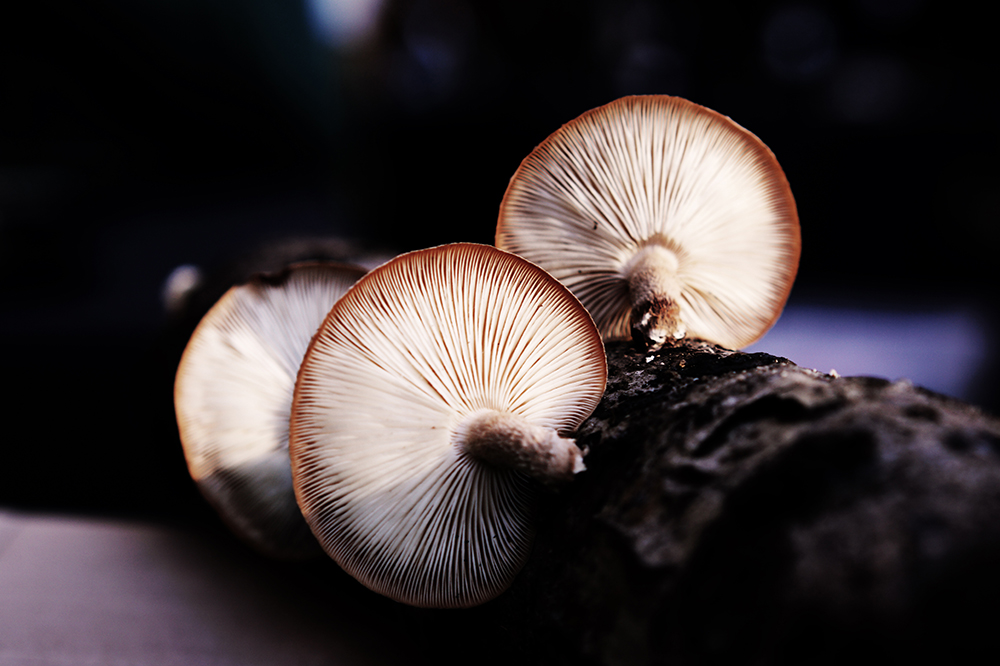
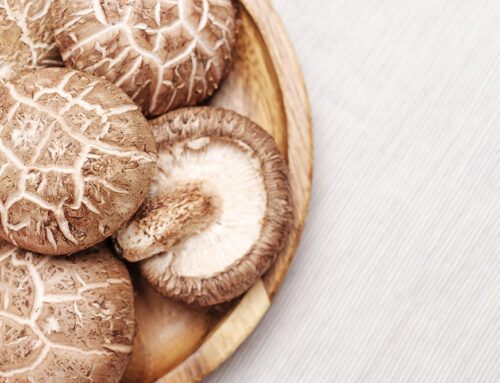
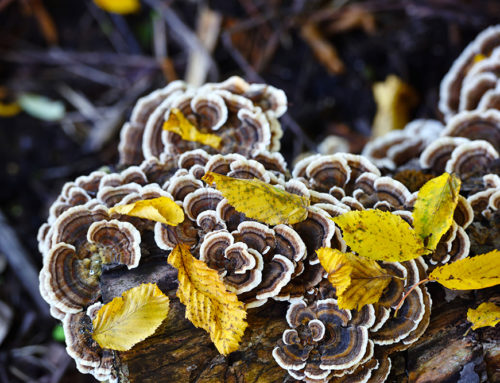
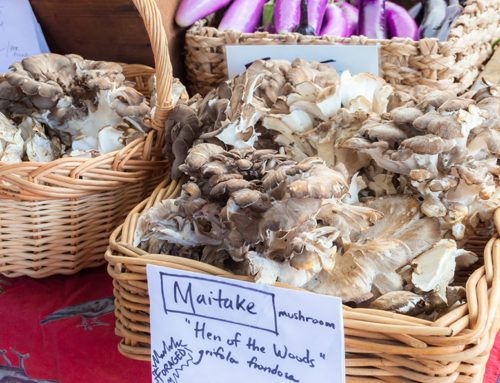
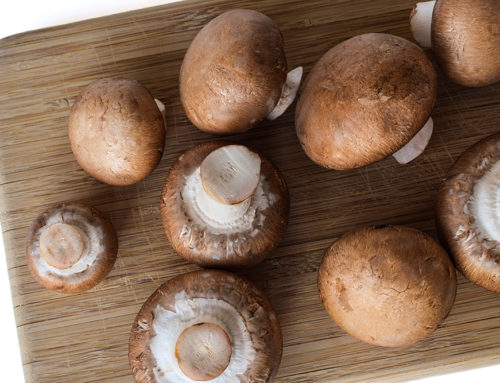
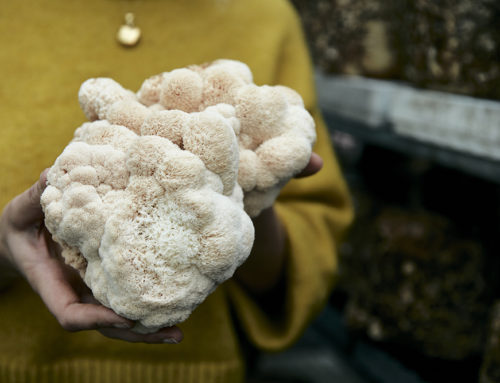
Leave A Comment